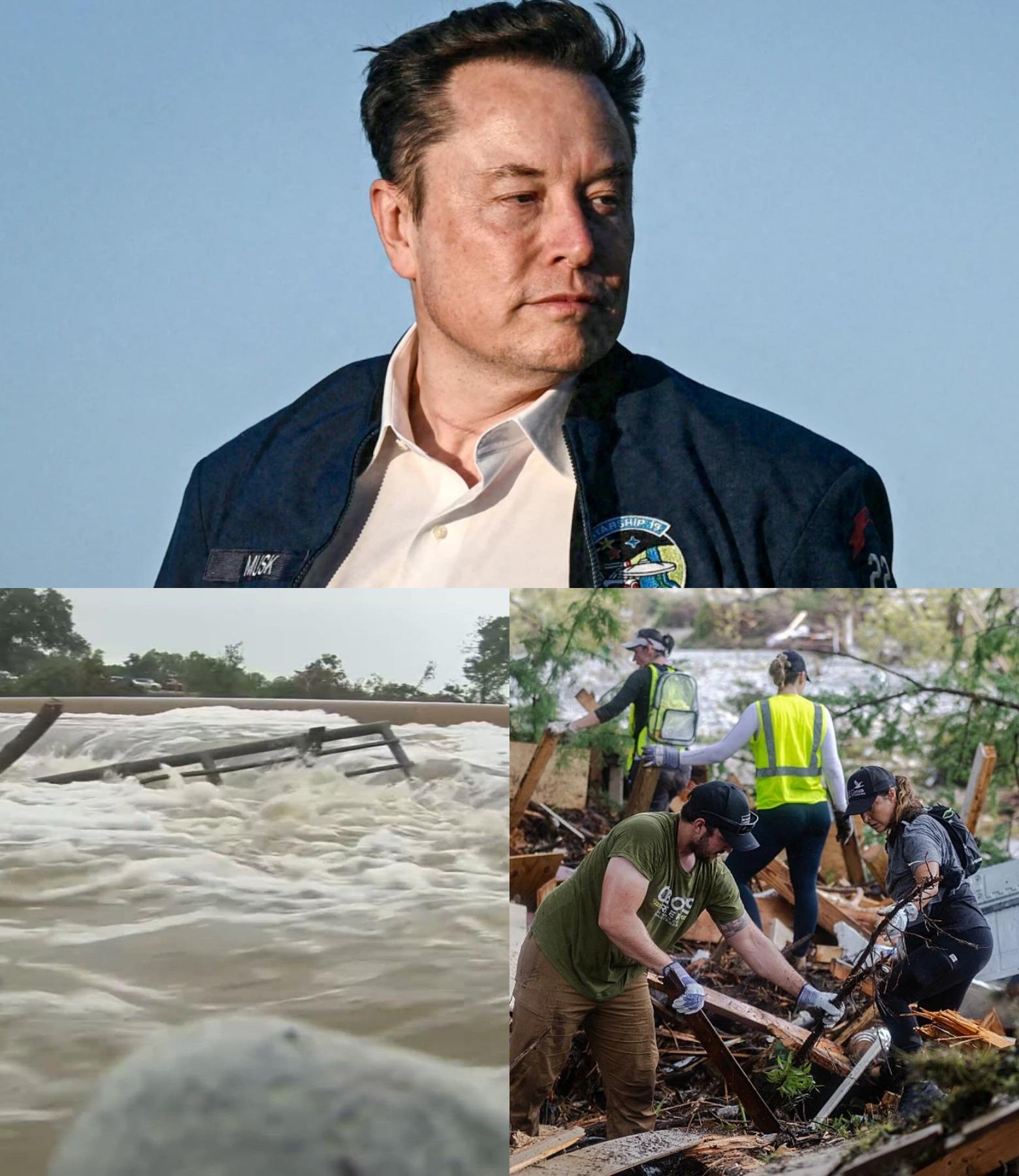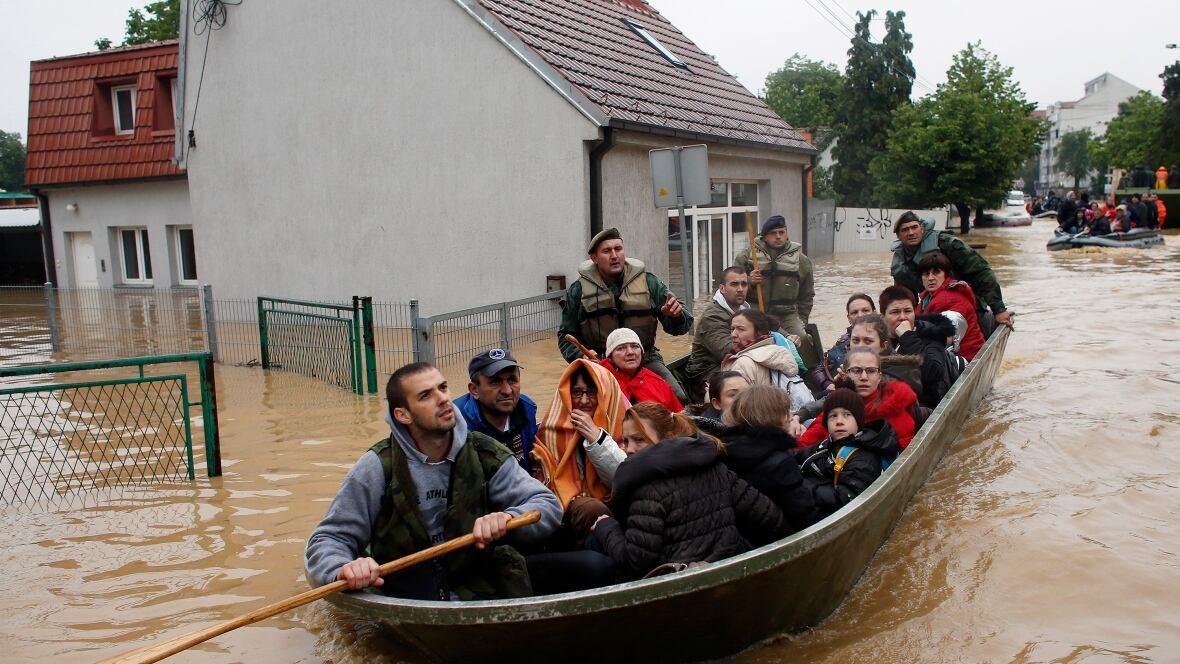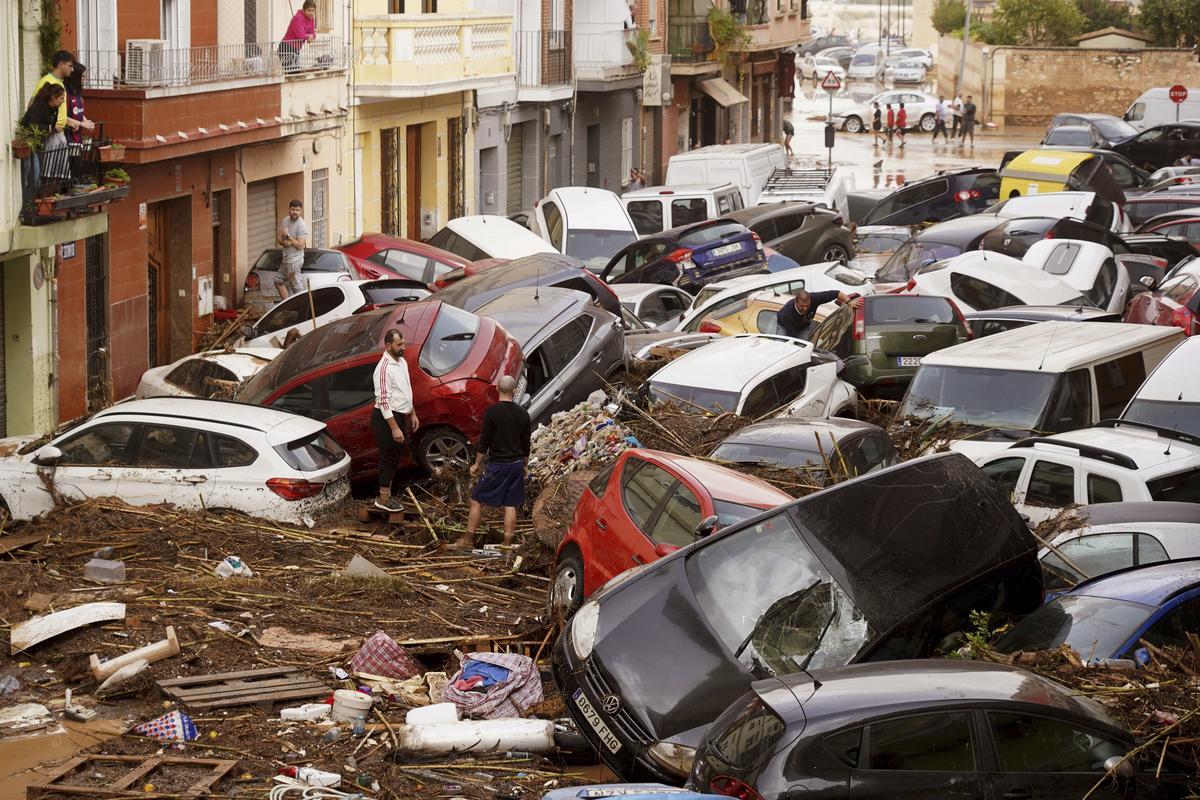World Stunned as Elon Musk Vows to Donate Unprecedented $50 Billion to Disaster Relief—Shocking Announcement Comes Right After Launching His America Party, While Texas Grapples With Catastrophic Floods and Dozens of Tragic Deaths—A Game-Changing Move That Could Redefine Billionaire Philanthropy Forever
Elon Musk, the visionary billionaire founder of SpaceX and Tesla, recently announced a massive $50 billion financial commitment for disaster relief, shortly after revealing the formation of his new political party, the Party of America. This promise comes at a time when Texas, a state hit hard by devastating floods, mourns the loss of dozens of lives. The tragedy is all the more poignant as the region faces increasingly frequent and violent extreme weather and natural events.

The floods in Texas have been described as one of the most severe in decades. Torrential rains submerged entire communities, causing colossal property damage and, most tragically, the loss of many lives. Local authorities are in a state of emergency and rescue and relief operations continue in extremely difficult conditions. Hundreds of thousands of people have been evacuated and critical infrastructure such as roads, bridges and power lines have been severely damaged.
It is in this context of crisis that Musk, known for his ambitious projects and his leadership in technological innovation, decided to make a significant commitment to support the relief efforts. He pledged a $50 billion grant, which will go to humanitarian organizations, government agencies, and local initiatives aimed at providing immediate aid and rebuilding devastated areas. This gesture is part of his desire to contribute to the management of natural disasters, an area in which he believes innovation and technology can play a crucial role.

However, this philanthropic commitment is also part of a unique political context. A few days before announcing his financial support, Musk had revealed the creation of his own political party, the “America Party”. This movement, which aims to reshape American policy around principles such as innovation, transparency and efficiency, has generated broad debate. Some see it as an attempt by Musk to expand his influence beyond business and the space sector, while others fear he could exploit the crisis to further his political ambitions.
The combination of these events — a human tragedy, a promise of humanitarian aid, and a political announcement — highlights the growing role of billionaires in the public sphere. Musk, like other figures in the tech industry, is not simply reacting to events; He strives to shape the future by proposing solutions that he believes are appropriate for global challenges. Their financial pledge is a noble gesture, but it also raises questions about the balance between philanthropy and politics, and how these corporate giants can influence public decisions and government priorities.

Meanwhile, Texas continues to deal with the aftermath of the floods, and Musk’s help could be crucial in supporting recovery efforts. However, the situation highlights a broader truth: in the face of increasingly frequent natural disasters, global solidarity and collaboration between the public and private sectors are more necessary than ever to find lasting solutions.


